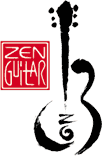
|
 |

 |

Note: These recommendations are offered in association with
Amazon.com. Zen Guitar receives a small referral fee for any
purchases made through this page via Amazon.com. |
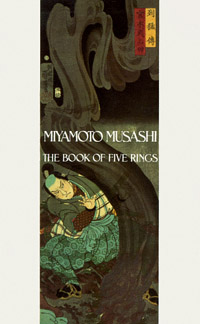 |
The
Book of Five Rings by Miyamoto Musashi
A major influence in the writing of Zen Guitar. Musashi
was a legendary samurai in Japanese history, as well as
one of its most revered artists and craftsmen. His 17th
century book is a classic treatise on strategy and swordsmanship.
But of course, the the sword here is just a metaphor. Everything
in the book has broader meaning. I recommend the book in
this translation by Nihon Services Corp. In my view, it's
far superior to the other four translations available. |
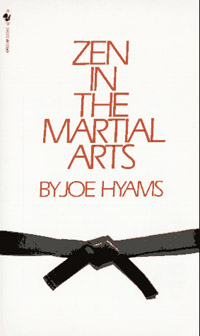 |
Zen
in the Martial Arts by Joe Hyams
A good, simple intro to some fundamental zen ideas, and
very easy to read. Hyams was a student of the famed martial
artist Bruce Lee. Even if you have no interest in the martial
arts, the ideas he talks about apply to anything. This
is usually the first book I recommend to people who know
nothing about zen. |
 |
Tea
Life, Tea Mind by Soshitsu Sen XV
In Japan, the tea ceremony is a symbol for all human relations.
To learn the tenets of the tea ceremony is to learn how
to conduct yourself in the world at large. This is an excellent
intro to zen aesthetics by Japan's master of the tea ceremony,
worth digging up even though it's out of print. Another
simple-but-deep book that's very easy to read. |
 |
Zen
Word, Zen Calligraphy by Eido Tai Shimano and Kogetsu
Tani
A beautiful book that combines the of zen
calligraphy of Tani with "teaching commentary" by
Shimano that draws out the meaning of each calligraphy
in a short
zen lesson. An excellent, easy intro to some key zen concepts,
although again, it seems to be out of print. Given the
exquisite nature of the calligraphy, I much prefer the
oversize hardcover edition (the paperback doesn't do justice
to the artwork). |
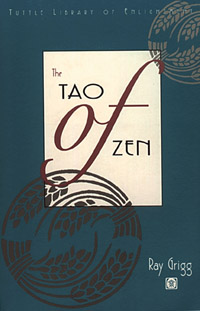 |
The
Tao of Zen by Ray Grigg
If you want to understand the history of
zen--where it comes from and the origins of its ideas--I
highly recommend
this work by Grigg, both for its insight and readability.
Grigg shows how the essence of zen evolved out of Chinese
Taoism, and clearly delineates the differences between "pure" zen
and Zen Buddhism. Written in a way that even nonscholars
can understand. |
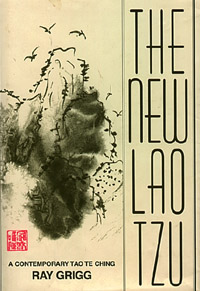 |
The
New Lao Tzu, a contemporary Tao Te Ching by Ray
Grigg
According to legend, the sage Lao Tzu wrote this classic
summary of wisdom known as Tao Te Ching about 2,500 years
ago. Its enigmatic, mystical essence serves as the foundation
of Taoism, and thus, zen. As many translations of this
landmark work abound as the Bible. But I like Grigg's because
doesn't go for a literal reading of the text. Instead,
he tries to capture its essential wisdom in language that
speaks directly and poetically to the modern reader. |
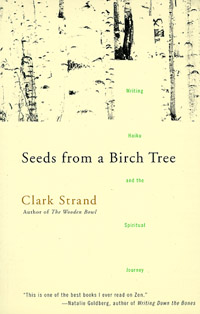 |
Seeds
From a Birch Tree: Writing Haiku and the Spiritual
Journey by Clark Strand
A good intro to the art of writing haiku,
the three-line, 17-syllable form of zen poetry. About
a year ago I received
an advance copy of the book and was asked to offer a blurb
for the book jacket. I wrote, "In everything ordinary
lies a poetic truth, and Strand shows us how to find it.
Reading Seeds From a Birch Tree, I felt as though
I were watching the bloom of a cherry blossom--so brief,
so beautiful, so simple, so profound." |
|
|
|



